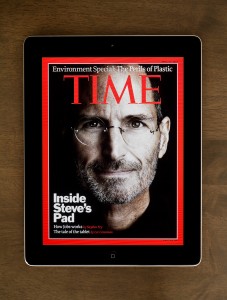 Family caregivers too often suffer from two very common things: overwhelm and isolation. Or, to it put another way, exhaustion and loneliness. So often, the nature of illness and trauma not only disrupts our normal ways of living, but also disrupts our connections with people who care about us. Caregivers who reach out for support gain the benefits of lessening their burdens and of feeling the warmth provided by people who care.
Family caregivers too often suffer from two very common things: overwhelm and isolation. Or, to it put another way, exhaustion and loneliness. So often, the nature of illness and trauma not only disrupts our normal ways of living, but also disrupts our connections with people who care about us. Caregivers who reach out for support gain the benefits of lessening their burdens and of feeling the warmth provided by people who care.
Too often, caregivers hold back from reaching out because of beliefs they have about doing so. Here are some that I’ve heard most frequently:
• Nobody else can do what I do for my loved one.
• My loved one won’t accept help from anyone but me.
• I’m too busy to even begin to think about doing anything more – even reaching out.
• The moment I start reaching out, our family will lose our privacy.
• I’m afraid of imposing on people.
• Reaching out shows weakness; doing it yourself shows strength.
• I’m afraid that nobody will come forward to help me.
• Since I’m able to handle things now, I’ll be able to continue to do so.
These, beliefs, while completely understandable and very common, are neither healthy for you as a caregiver or for your loved one. They get in the way of your resilience and your capacity to sustain yourself for however long your caregiving will be required.
Each week, I will be focusing in on one of these self-limiting beliefs and inviting you to see if they are holding you back from getting what you and your loved one need. And if they are, to embrace a new belief that works much better for you.
Let’s get right into it with the first one:
Nobody else can do what I do for my loved one.
Think of the whole range of “things” you are currently doing – the practical ones and the emotional and spiritual ones.
No one else is so attuned to your loved one’s needs and preferences and, most likely, your loved one is most receptive to your way of doing these things. This much is true.
But, the trap here is believing that, since no one else can do things the way you do them, that no one else can do them at all or do them satisfactorily for you and your loved one.
When you think about it, I think you’ll agree that many if not most of the practical things can be done by others. Not necessarily with your intimate knowledge and way of doing things, but in their own ways. And, similarly, other people will bring their own and distinctly different ways of providing emotional and spiritual support as well. And their ways can enrich rather than detract from your loved one’s experience.
Bottom line: Is this a belief you’ve been holding? If so, how does it serve you? How does it hinder you? How might you re-write that belief so that it serves you better? For example, “There are some things that other people can help with. I’m going to try this out with some simple things.” What practical step can you take to try out that new belief this very week? Let us know – by commenting on this blog. You’ll help yourself and other caregivers by doing so.

